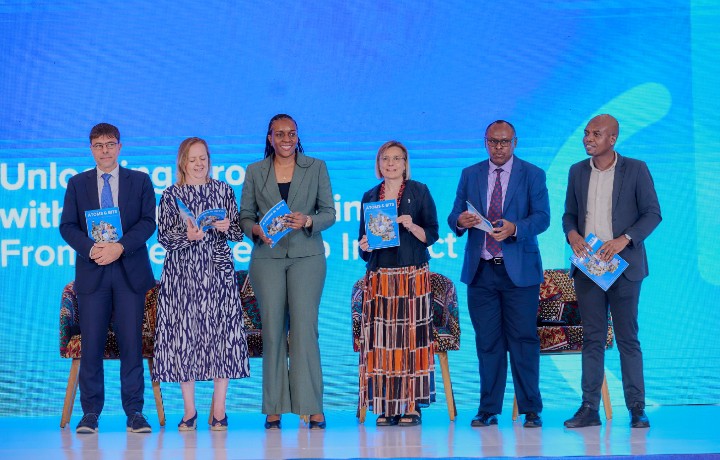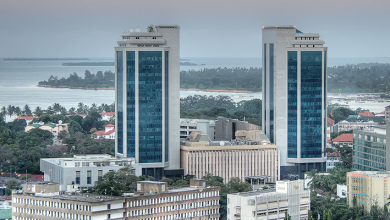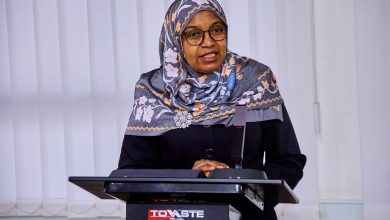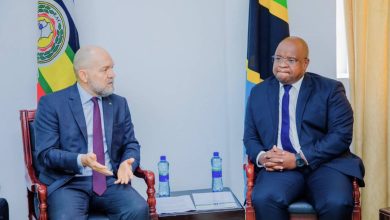EU invests 6.5bn/- to support Tanzania’s energy efficiency

DAR ES SALAAM: TANZANIA’s energy sector is set to record a major milestone since the launch of the Minimum Energy Performance Standards (MEPS) and the National Energy Efficiency Testing Laboratories at the Tanzania Bureau of Standards (TBS).
The European Union (EU) has invested 2.3 million Euro (about 6.5bn/-) to establish the modern laboratories and strengthen national technical capacity for energy efficiency testing.
Speaking during a press conference in Dar es Salaam on Wednesday, the Head of Cooperation at the EU Delegation to Tanzania, Marc Stalmans said the initiative is part of a broader partnership to promote sustainable growth, consumer protection and climate action.
According to the EU delegation, the investment marks a shift toward practical climate solutions.
“This is not just an investment in infrastructure, it is an investment in partnership, climate action and economic growth,” Stalmans noted.
ALSO READ: MARKUP II to boost value addition, jobs
The MEPS introduces mandatory energy efficiency benchmarks for appliances and equipment sold in Tanzania. Products such as refrigerators, air conditioners, televisions, fans and electric motors will now be tested and certified by TBS to ensure compliance with the new standards.
This move is expected to reduce electricity consumption, ease pressure on the national grid and lower greenhouse gas emissions. In addition, through the EU-funded CookFund programme, implemented by the UNCDF, TBS has received an advanced emission analyser to test and certify clean cooking appliances.
The equipment will help reduce indoor air pollution and improve public health in millions of Tanzanian households. UNDP Assistant Resident Representative, Ms Gertrude Lyatuu, said the launch represents a key milestone in Tanzania’s journey toward sustainable energy.
“These efforts reflect a strategic shift toward cleaner, more reliable and affordable energy for all,” she said.
She explained that under the EU-funded Energy Efficiency Action Plan, UNDP has worked closely with the Ministry of Energy and TBS to strengthen policies and systems for efficient energy use.
The initiative directly supports the National Energy Efficiency Strategy 2024–2034, aligning with Tanzania’s development priorities and global commitments under the Paris Agreement and UN Sustainable Development Goals (SDGs 7 and 13).
The delegation said that the success of MEPS will depend not only on technical enforcement but also on public awareness. “The media plays a crucial role in helping people understand the benefits of energy efficiency, lower costs, better products and cleaner air,” Stalmans said.






Bravo for this great milestone
peoples and their hardwork is the foundation of their development